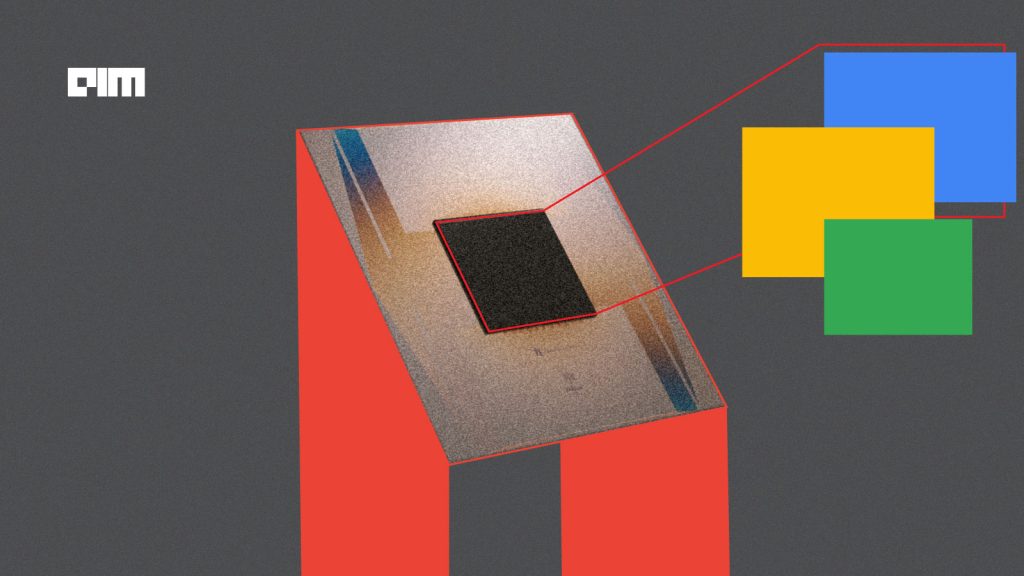Google Quantum AI has announced on its official blog the acquisition of Atlantic Quantum, a startup founded at MIT, to strengthen its efforts in building scalable quantum computers. The deal was part of the company’s ongoing plan to develop quantum technology for complex problems beyond the reach of classical computing.
The acquisition will see Atlantic Quantum’s modular chip stack integrated into Google Quantum AI’s hardware development. The technology combines qubits and superconducting control electronics within the cold stage, which Google says will accelerate its roadmap towards building a large error-corrected quantum computer.
Bharath Kannan, the co-founder and CEO of Atlantic Quantum, reflected on his journey. Four years ago, he said, he wouldn’t have believed he would lead a startup to a successful exit. Kannan recognised the challenges of building a company, describing it as often being chaos managed through small wins and tough decisions made with incomplete information. He emphasised the importance of quick learning from mistakes.
Google Quantum AI, founded in 2012, has been working on scalable quantum computing for more than a decade. The team recently introduced its Willow chip as part of its incremental progress.
In a statement, Google said that this acquisition will accelerate the real-world applications of quantum computers. “We’re delighted for Atlantic Quantum to join us as Google continues to invest in the future of quantum computing and deliver its benefits to society,” the company added.
Atlantic Quantum has previously collaborated with the Defence Advanced Research Projects Agency (DARPA), the US Air Force, the US Department of Energy, and the US Office of the Director of National Intelligence.
Google’s 105-qubit Willow quantum chip had claimed to push boundaries by lowering error rates. Google even said that their solution would take a “septillion years” on traditional machines. It sparked discussions among the scientific community about the possibility of parallel universes or multiverses.
At the same time, Sundar Pichai and Elon Musk had envisioned quantum clusters in space, launched via Starship, which would blend futuristic computing with cosmic exploration.

